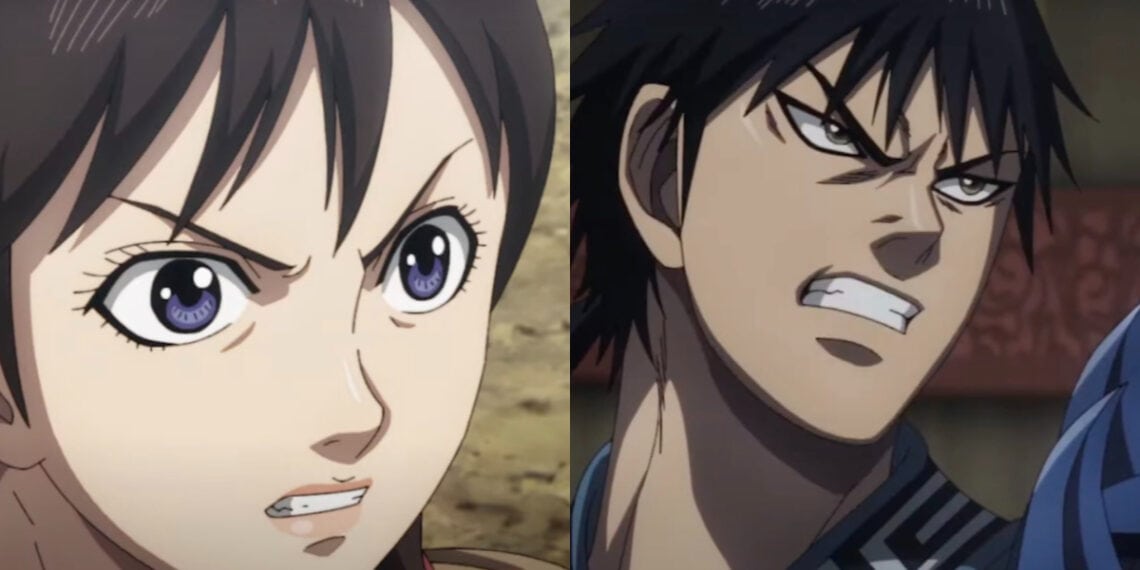Jun Arai, the director of the popular anime series Kingdom, recently sparked discussion by arguing that anime fans are contributing to the exploitation of overworked and underpaid animators.
He believes that animators are afraid to speak out against unreasonable demands and poor compensation from anime studios because they fear backlash from devoted fans.
Animators worry vocalizing grievances could get them blacklisted by studios and also targeted by fans who zealously love certain shows.
Arai described some anime fans as having an unhealthy, distorted devotion that crushes animators between studios and fans – even famous, respected animators can face backlash.
He thinks this rabid fandom closes off any safe path for animators to expose ingrained industry problems.
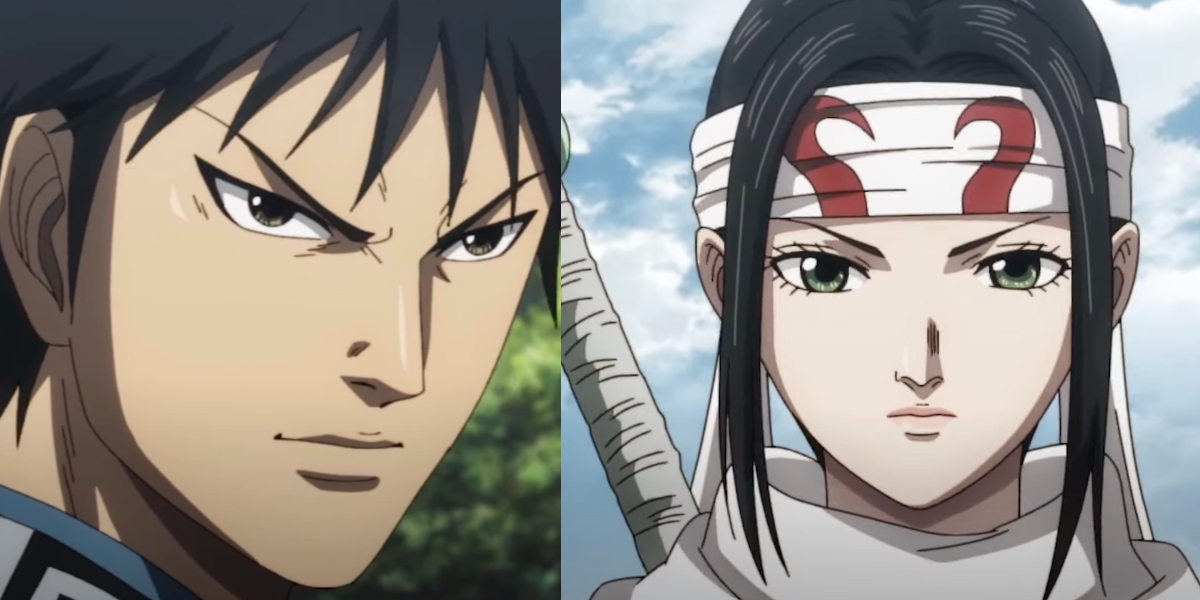
Overall, Arai contends that beyond just business practices, the very culture of anime fandom plays a role in suppressing animators and allowing the persistence of issues like low pay and extreme overwork.
In his view, fan devotion can be so extreme that it silences animators from pushing for better conditions.
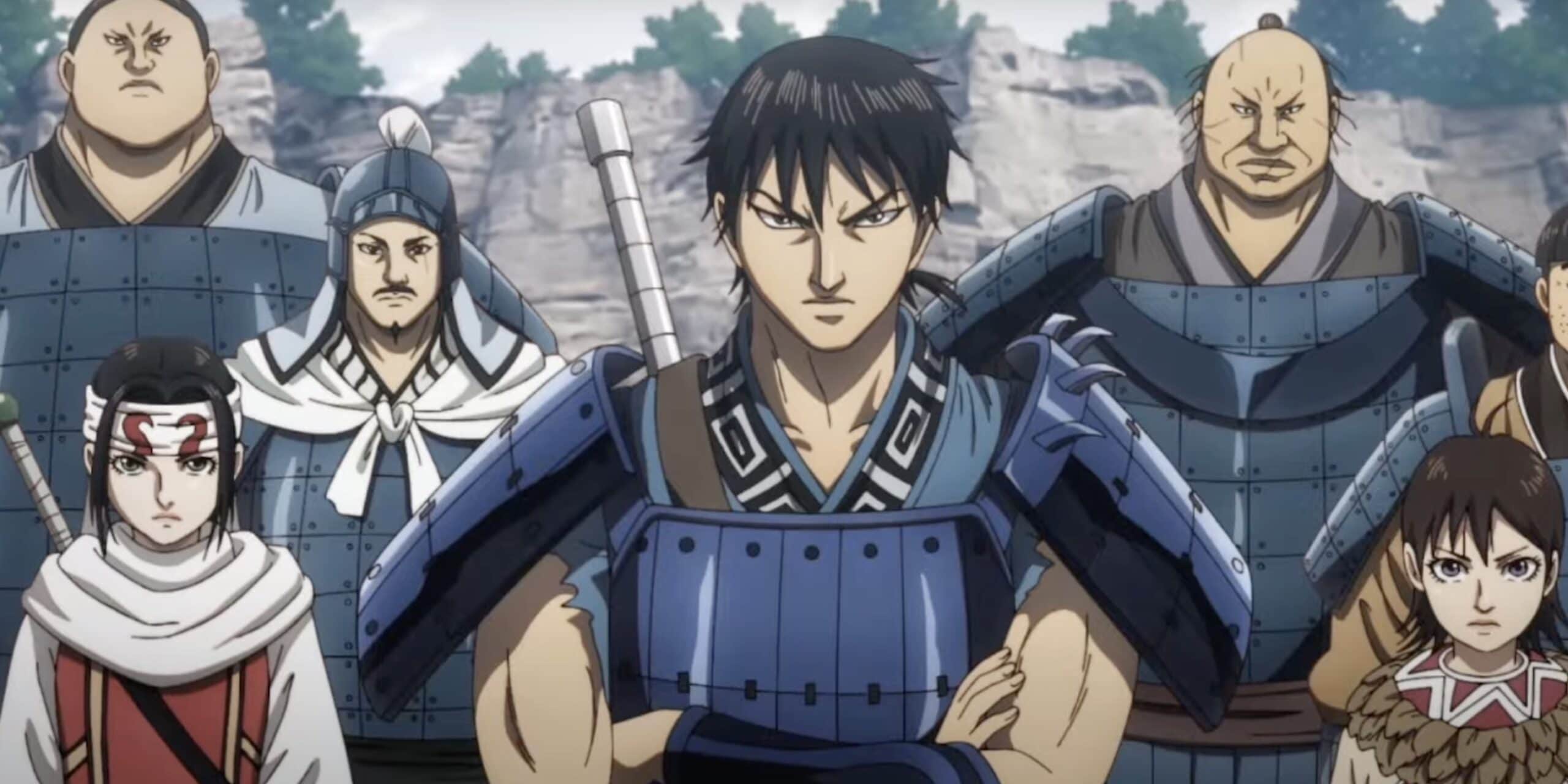
In response, some fans argue the core struggle is simply that studios pay animators very low wages.
They say if animators were paid fair salaries, there would not be this level of difficulty – regardless of fans’ devotion or studios’ demands.
How Fans Have Reacted To Jun Arai’s Comment
Some argue that as long as the anime gets made, the well-being of the overworked and underpaid animators who create it is not seen as important.
This attitude is common – if workers are exploited in the process of creating something, consumers don’t care as much about the workers’ struggles.

Since animators lack collective bargaining power or government protections, studios can exploit them without pushback.
There is regret expressed that animators lack a union or similar organization to advocate for their rights and interests.

For every animator who wants to unionize to improve conditions, there are many more young animators so eager to break into the industry that they accept extremely low pay and excessive hours just to get experience and credits. This makes it hard to push back.
Some disagree that it’s misguided for the director to call out fans – rabid fan devotion does seem to play a role in suppressing animators from speaking out about poor working conditions.

When fans angrily react to animators revealing exploitation because it might delay or harm a show they love, this empowers studio executives – they can deflect criticism by essentially gaslighting animators that they are just “lazy and disloyal” and should feel “honored” to work in the industry.
So calling out warped fan culture is very warranted since public discontent is needed to spur any real change.
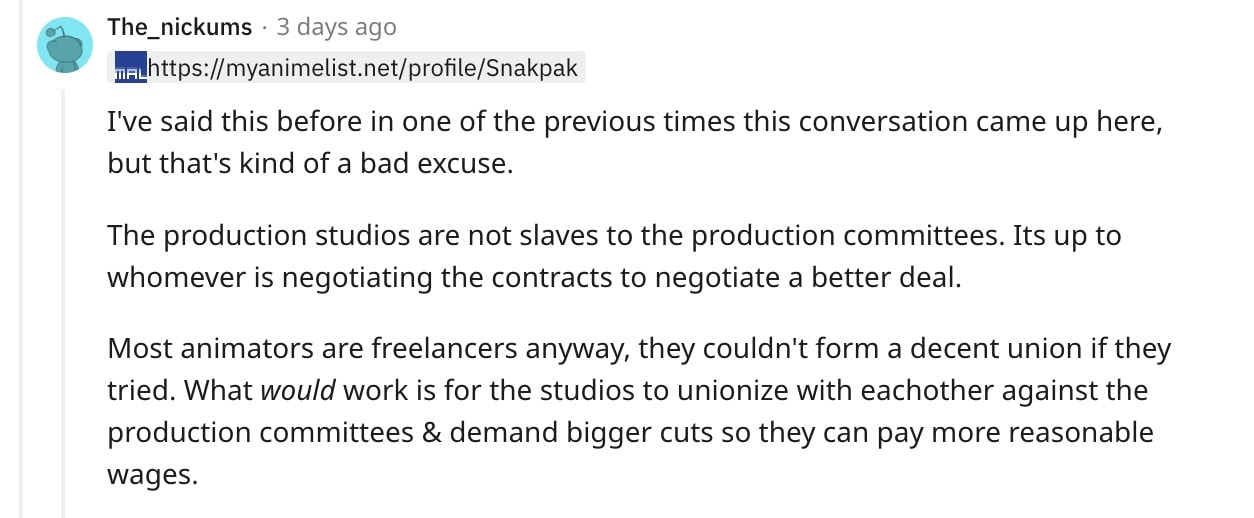
There is an argument that the way some animators spoke out about conditions was overly dramatic and inflammatory.
This divided public opinion – everyone knows about the issues already. The hyperbolic tone made some fans defensive and pushed back about claims being exaggerated.
Productive change has to be advocated for seriously and gradually, not just demanded instantly via edgy social media callouts.
Extreme Anime Fandom and its Impact on Animator Exploitation
In follow-up comments, director Jun Arai provided more context around his criticism of extreme anime fandom enabling the exploitation of animators.
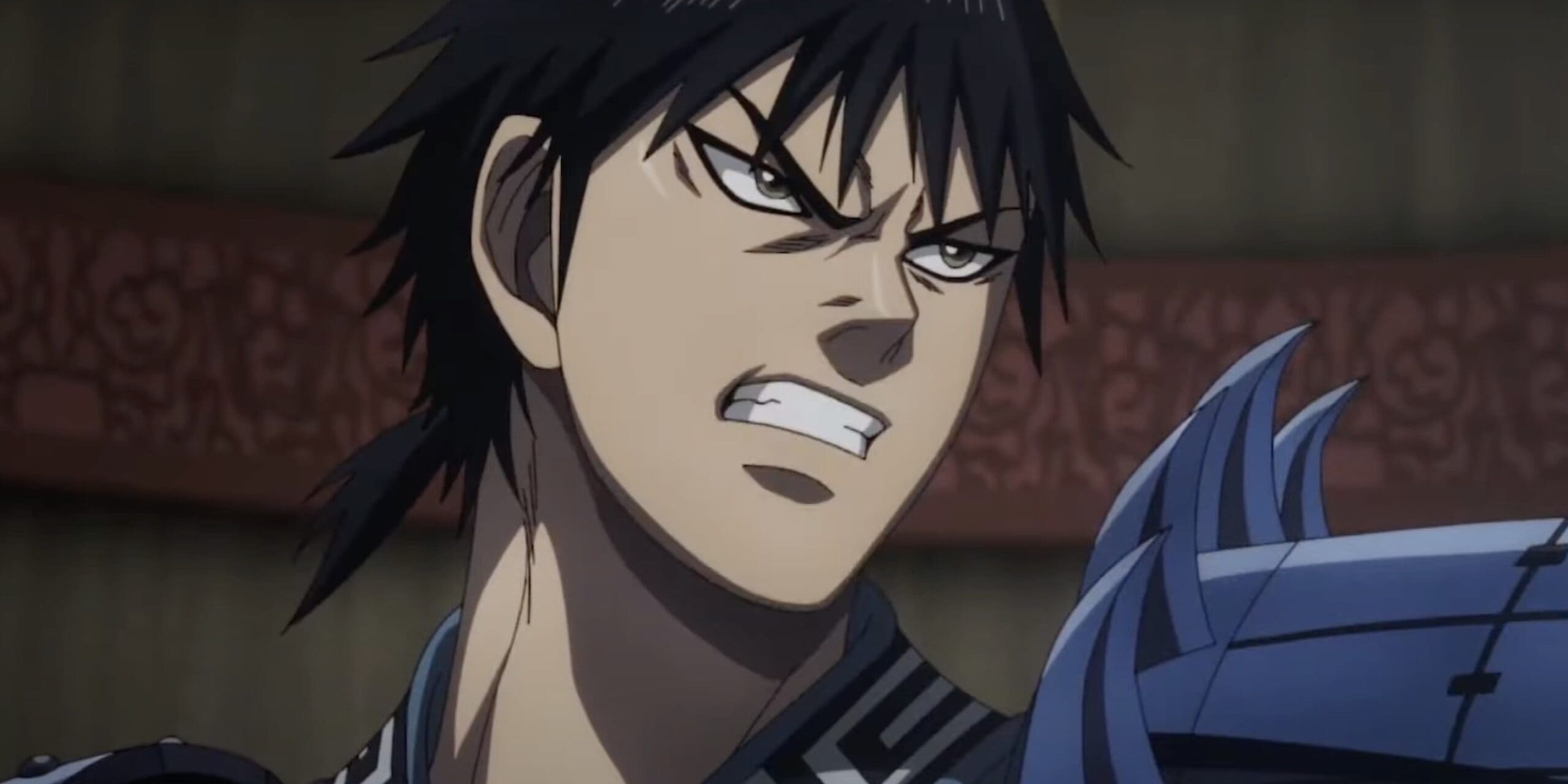
He realized over his career that animation studios can get away with lower animator pay if a show becomes very popular with obsessed fans.
He connected this to the fanatical devotion of some fans who prioritize their favorite anime being produced over concerns about the human cost to exhausted, underpaid animators.
Arai speaks from extensive personal experience across decades in the anime industry – tracing back to hit 2000s shows like Azumanga Daioh and continuing today as an animation director on Kingdom.
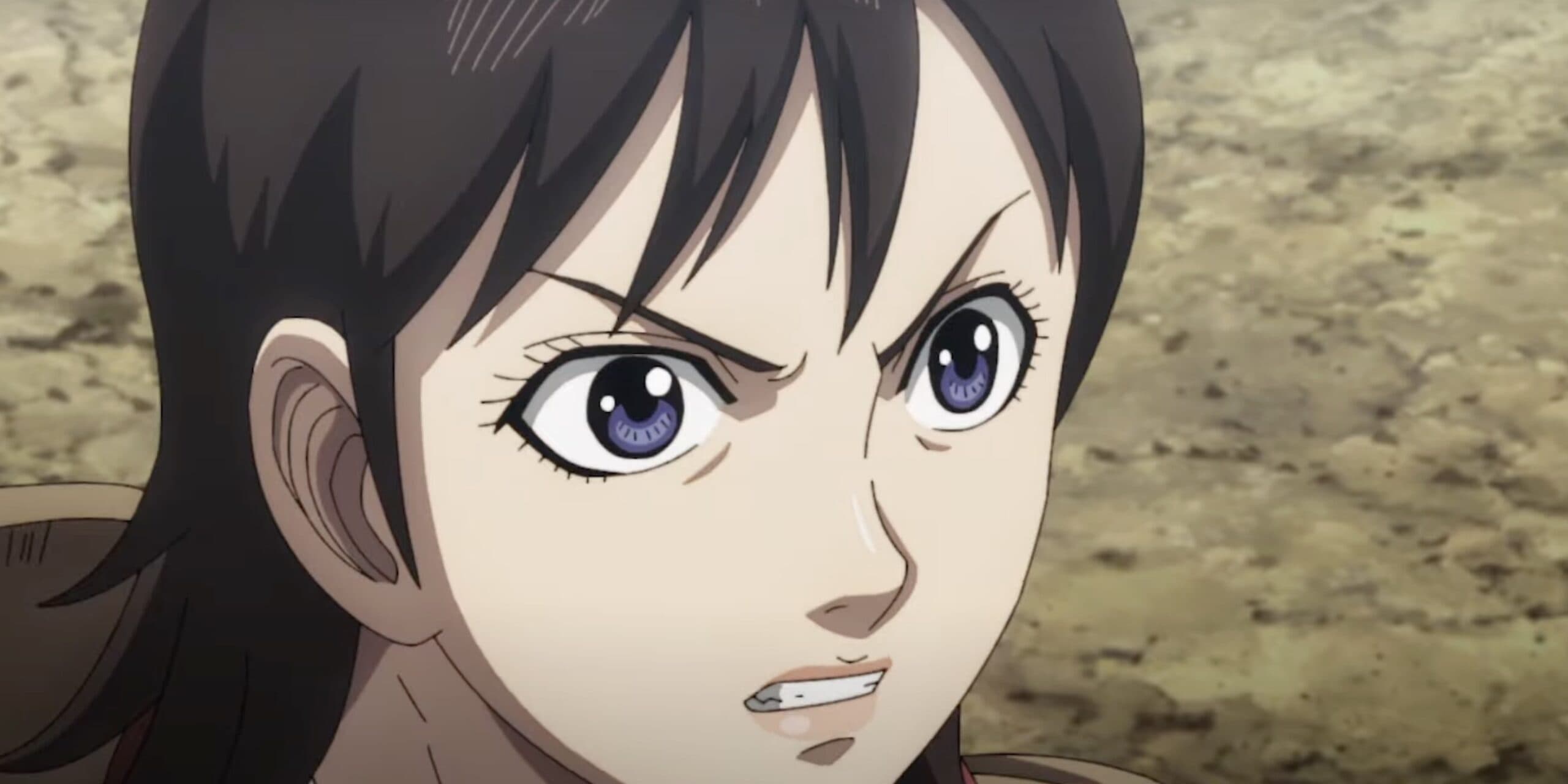
After working on classics like Higurashi’s When They Cry, he has seen firsthand how studios leverage fans’ obsession to overwork and underpay animators to churn out shows and films those fans then consume without concern for the struggling human creators behind the scenes.
In Arai’s view, as long as the final anime gets produced for fans to enjoy, the painful struggles of the animators in that production process get overlooked and disregarded.

He finds this fanatic prioritization of content over fair treatment of creators to be a core problem worsening conditions and lack of rights for animators.
Arai believes this unhealthy fan-studio dynamic allows executives to persistently underpay animators, while escapist fans enable the cycle of exploitation by supporting shows regardless of the human cost.

